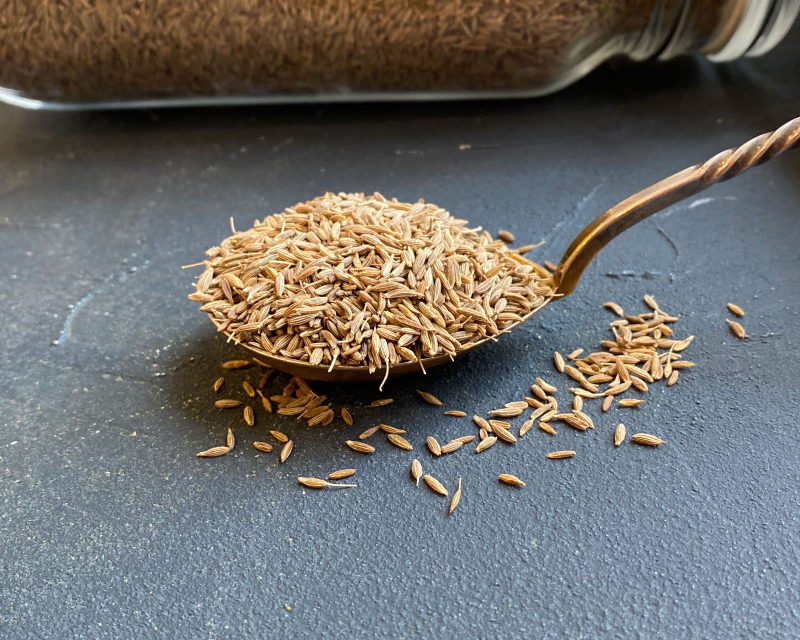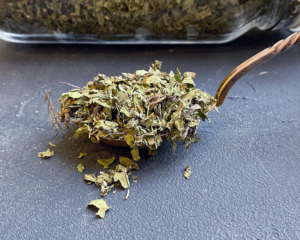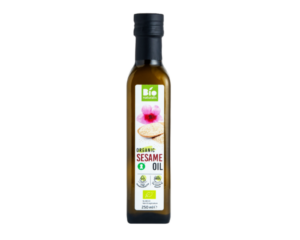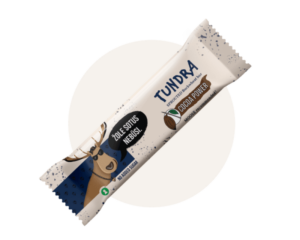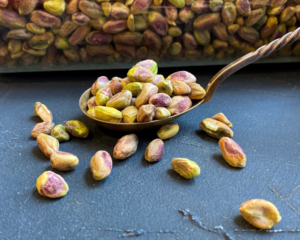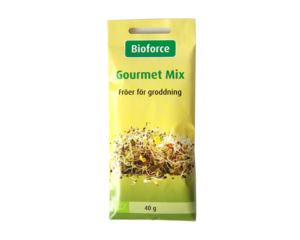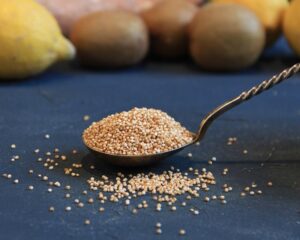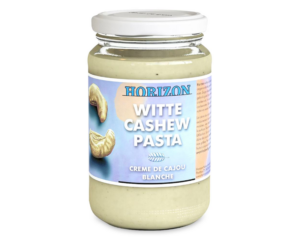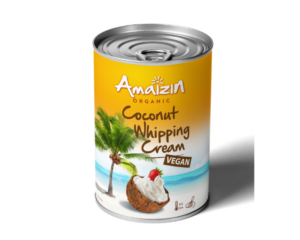Organic cumin seeds
From 3.05€
From spicy Latin dishes to savoury Indian and Middle Eastern cuisines, spice spices know no boundaries. Although it is a small and simple seed, it has a special flavour that complements a variety of dishes. From curries to cheeses and sauces, spices are international favourites and widely enjoyed around the world. In the Middle East, North Africa and India, they are an important flavouring in national dishes such as couscous, baharat, chutney and curry. Cumin seeds are small dried fruits that come from a small Umbelliferae plant, which belongs to the same plant family as parsley, carrot, dill and fennel. This plant is native to the Mediterranean and Egypt and is grown in the western Mediterranean, from the Middle East to India. As spices are adaptable to both warm and cool climates, they are easy to grow anywhere in the world. The largest producer and consumer of these popular spices is India. SpicesCumin seeds (Cuminum cyminum) are one of the best flavourings to support healthy digestion. In India, its Sanskrit name literally means ‘stimulates digestion’. In addition to adding flavour to food, spices also stimulate digestion, promote the absorption of healthy substances and remove natural toxins from the digestive tract. Seeds are also often chewed after a meal to improve digestion and to eliminate the unpleasant smell.
Spices
The nightshades are pale, yellowish green in colour and elongated in shape.
They are nine-centred.
Spice
fennel is similar to fennel.
Unsurprisingly, they are often confused for their strong similarity and aroma.
The most noticeable difference between them is that the caraway seeds are lighter in colour and covered with very fine, barely discernible pimples.
Spiced cumin is often described as having a strong flavour, warm and earthy, with a pungent bitter-sweet aroma and a slight citrus undertone. Although the colour and flavour varies from region to region, the flavour of cumin is less influenced by its origin and more by its oil content. The higher the oil content, the more fragrant the cumin. SpicesThe essential oil content of evening primrose seeds ranges from 2-5%.
To ensure an intense flavour, we source the highest quality seeds, with a content between 3% and 5%. It is important to note that spices should be kept tightly closed and protected from moisture.
The recipe for tea:
Take 0.5 teaspoon of cumin seeds, coriander seeds and fennel seeds.
You can crush the seeds a little and soak in 0,5 l of warm water for at least an hour.
Take the water of these three ingredients and boil on low heat for 15 minutes. 5.5 minutes.
Do not forget to cover the pot.
Leave to cool for 5-10 minutes.
This tea will help you lose weight, get rid of gas and other stomach problems. All three of the ingredients in this tea are fat burners, so this tea also reduces fat storage in the body. It is also useful for improving metabolism in the body, correcting liver functions and increasing bile secretion, which promotes proper fat metabolism. In addition, the tea has a low glycaemic index, which adds to its weight-loss diet. This tea calms the mind and relaxes the nervous system. Eeffect is due to the presence of coriander and fennel seeds in it. Can be used in infants suffering from gas, colic and hyperacidity as it reduces gastric acidity and prevents milk reflux. The tea’s ingredients act as antacids and reduce excess acid in the stomach. People with these problems can drink this tea every day. SpicesFennel and fennel seeds are well-known galactagogues. Tea containing these ingredients increases the amount of breast milk. The tea has a cleansing effect on the body. The spices in tea help the body to better absorb essential nutrients. This tea can be used to treat abdominal cramps in women during menstruation. It stimulates appetite, so it helps with loss of appetite and in case of.
Marks:
You should avoid drinking this tea during pregnancy as fennel seeds may be associated with a stimulating effect on uterine contractions.
It also stimulates menstruation, so it should not be used in cases of heavy bleeding.
100% Organic cumin seeds
-
Store in a dry, cool place, tightly closed and protected from moisture.

